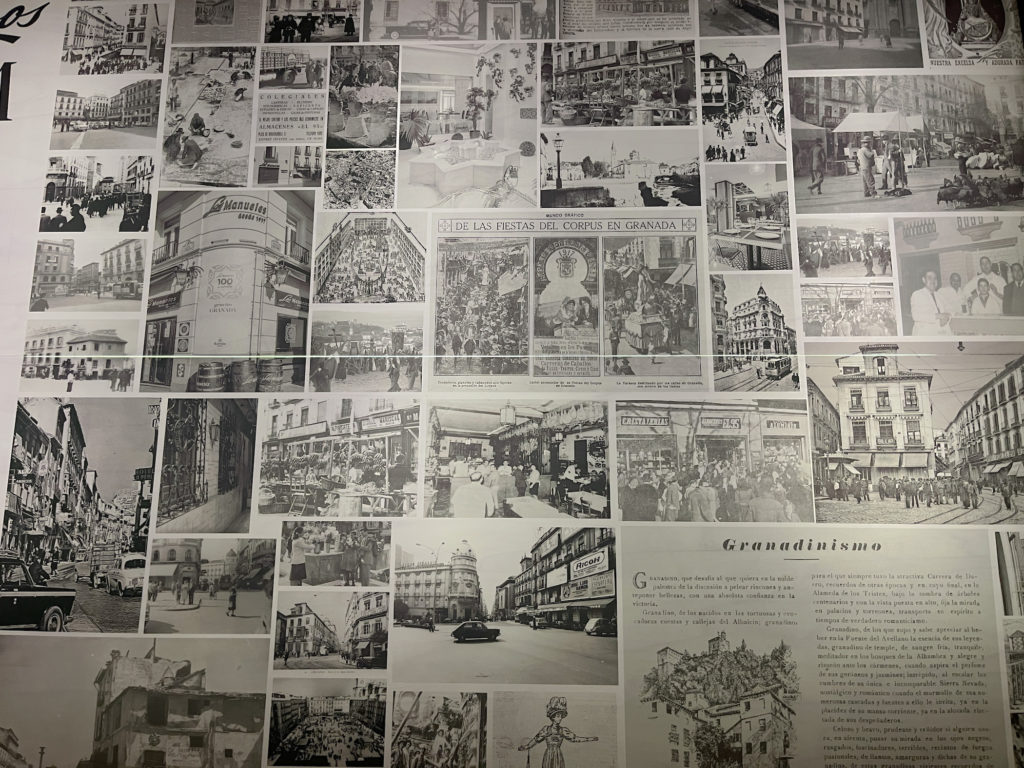
When I asked my host family about their impressions of Americans most of their stereotypes seemed to be based on a combination of personal experience (having hosted American students for the past seven years), films, and the news. The words that the parents first gave to describe Americans were: open, friendly, chatty, intelligent, hard working. They definitely seemed to share an overall positive view of American culture. One stereotype I found particularly interesting was their assumption that most Americans were overall quite religious and go to mass every Sunday (though this is true for myself, I would not say this is true generally). Then I asked them specifically if they had any negative stereotypes associated with Americans. They responded that they tend to think of Americans as a bit dirty and also they find it hard to understand aspects of the culture like the lack of good food, the use of guns, and the way the government functions in general.
I was a bit surprised at how positive their opinions seemed to be regarding Americans.
I would have thought they could have been a bit less positive due to the Senese dislike for tourism, but it seems like their problem with tourism is more general and not American specific. Their impressions were overall pretty accurate, especially when it comes to Americans being chatty and also just a generally friendly disposition (most of the time…). I have the exact opposite impression of most Americans, however, when it comes to being religious. Also, the generalization about Americans as being dirty was funny to me because I had heard the same generalization about Italians. This conversation about the different stereotypes did surprise me and I would say that they had a far more positive overall impression of Americans than I even have. I would have expected them to say that some overall generalizations were that Americans were loud, obnoxious, and often a bit rude, which can definitely be true, especially in big cities like New York or LA.


